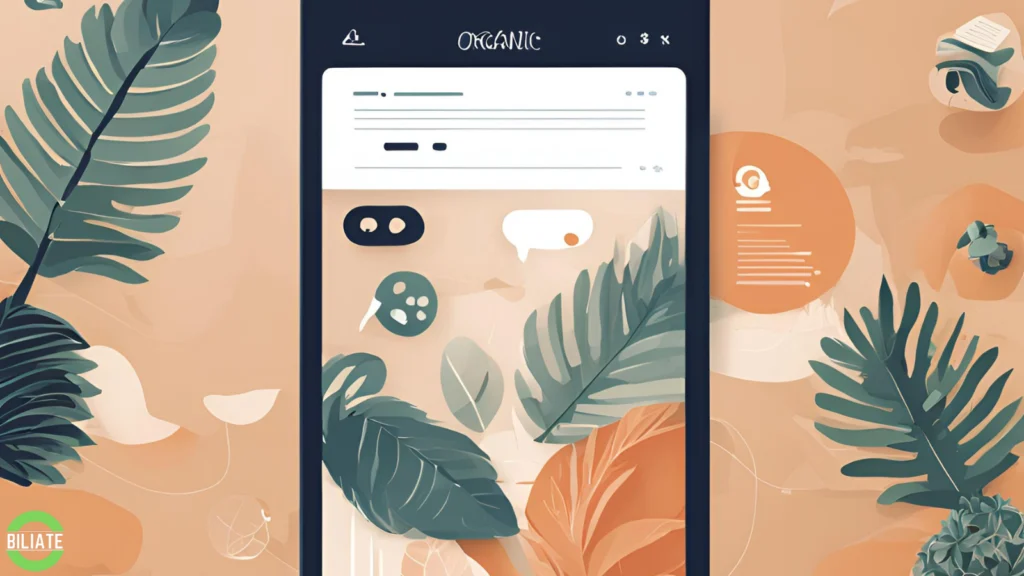Organic reach has been a big topic in social media for a long time.
As of July 2023, the average engagement rate for an organic Facebook post has dropped to between 2.58% and 1.52%.
This means fewer people are seeing posts without ads, which worries a lot of marketers. But despite this, organic social media marketing is still alive—it’s just changing.
The way marketers think about organic reach needs to evolve. With artificial intelligence (AI) and machine learning being added to social media algorithms, there are new ways to reach people, even those who don’t follow your page.
About 15% of the content in a Facebook feed comes from accounts users don’t follow, meaning organic reach can still introduce your brand to new audiences.
But what is organic reach, and how can brands adjust to these changes?

What Is Organic Reach?
Organic reach is the number of people who see your content without any paid promotion—basically, the people who come across your posts without you spending money to target them.
In the early days of social media, this was simple. If you posted something, it would show up in your followers’ feeds. But as more and more content was posted every day, it became impossible for every post to reach all followers, and platforms had to limit what content got shown.
Why Has Organic Reach Declined?
There are several reasons why organic reach has dropped, especially on platforms like Facebook and Instagram.
Facebook’s Organic Reach Decline Facebook was the first place where people noticed big drops in organic reach. According to Facebook, many things affect reach: how people interact with your posts, how similar content has performed in the past, what time you post, and whether people are on mobile or desktop. In short, the competition for attention is fierce, so it’s harder to get noticed without good content and strategy.
Instagram’s Organic Reach Decline Instagram also sees similar challenges. Some people think Instagram lowers reach to push users to buy ads, but Instagram says this isn’t true. Instead, they want to grow the reach of creators who post the most engaging content, showing that quality matters.
How to Improve Organic Reach
Although organic reach is harder to achieve, there are still plenty of ways to get your content seen without paying for ads. Here are some strategies that can help:
1. Make a Consistent and Smart Content Plan
To get more organic reach, you need to plan your content well. Think about what you’re posting, how often you post, and the best times to post.
Being consistent is important, but quality is even more crucial. A strong content strategy and a social media calendar can help keep your content fresh and keep your audience engaged.
2. Customize Content for Each Platform
Don’t post the same thing on every social media platform. To get the most reach, your posts need to be optimized for each platform. This means knowing the type of content that works best for Facebook, Instagram, or any other platform and tailoring your posts accordingly.
3. Offer Real Value
Your followers want to see content that gives them something valuable, whether it’s information, entertainment, or motivation. If your posts are helpful, people will keep following you and may even share your content with others.
Think about what your audience wants and needs. If you solve a problem, answer a question, or make them laugh, your posts will have more value, and people will engage with them.
4. Use More Video Content
Video is one of the most popular types of content on social media right now. Platforms like Instagram and Facebook are pushing video content, and brands that create great videos are more likely to increase their organic reach.
Instagram’s head, Adam Mosseri, mentioned that Reels are designed to entertain and that most of what users see comes from accounts they don’t follow. So creating engaging short videos like Reels can introduce your brand to new people.
But, make sure your videos are under 90 seconds to be recommended to new audiences. Also, double-check that the quality is good since low-quality videos won’t perform well.
5. Get Your Employees Involved
Your own team can be great brand advocates, helping to boost your organic reach. If your employees are excited about your brand and share your posts, it sends a strong signal to social media algorithms that your content is worth sharing.
When employees engage with your content, it can lead to more likes, comments, and shares, which ultimately helps your organic reach.

6. Focus on Social Media SEO
Hashtags aren’t as effective as they once were for getting content seen. Instead, social media SEO (Search Engine Optimization) is becoming more important.
This means you should use relevant keywords in your captions, video descriptions, and alt tags to make your content easier for people to find. By doing this, your posts can show up when people search for certain topics, which can increase your reach.
Does Running Ads Hurt Organic Engagement?
Some marketers have noticed that organic engagement tends to drop after running paid ads. This could be because users get used to seeing your promoted content and don’t interact with your unpaid posts as much.
This is sometimes called “ad fatigue,” where people get tired of seeing the same brand too often. To avoid this, mix up your paid and organic content. Make sure your organic posts still feel genuine and valuable so your audience doesn’t get bored.
The Future of Organic Reach
Although organic reach has declined, it’s not going away completely.
As social platforms use AI and machine learning to recommend content, there are still plenty of opportunities to reach new users organically.
About 15% of Facebook feed content comes from non-followed accounts, showing that organic discovery is still happening.
The key to success is adapting to changes, staying on top of trends, and focusing on creating valuable content.
Whether it’s engaging videos, involving your team as brand advocates, or using social media SEO, there are still many ways to grow your organic reach in 2023.

